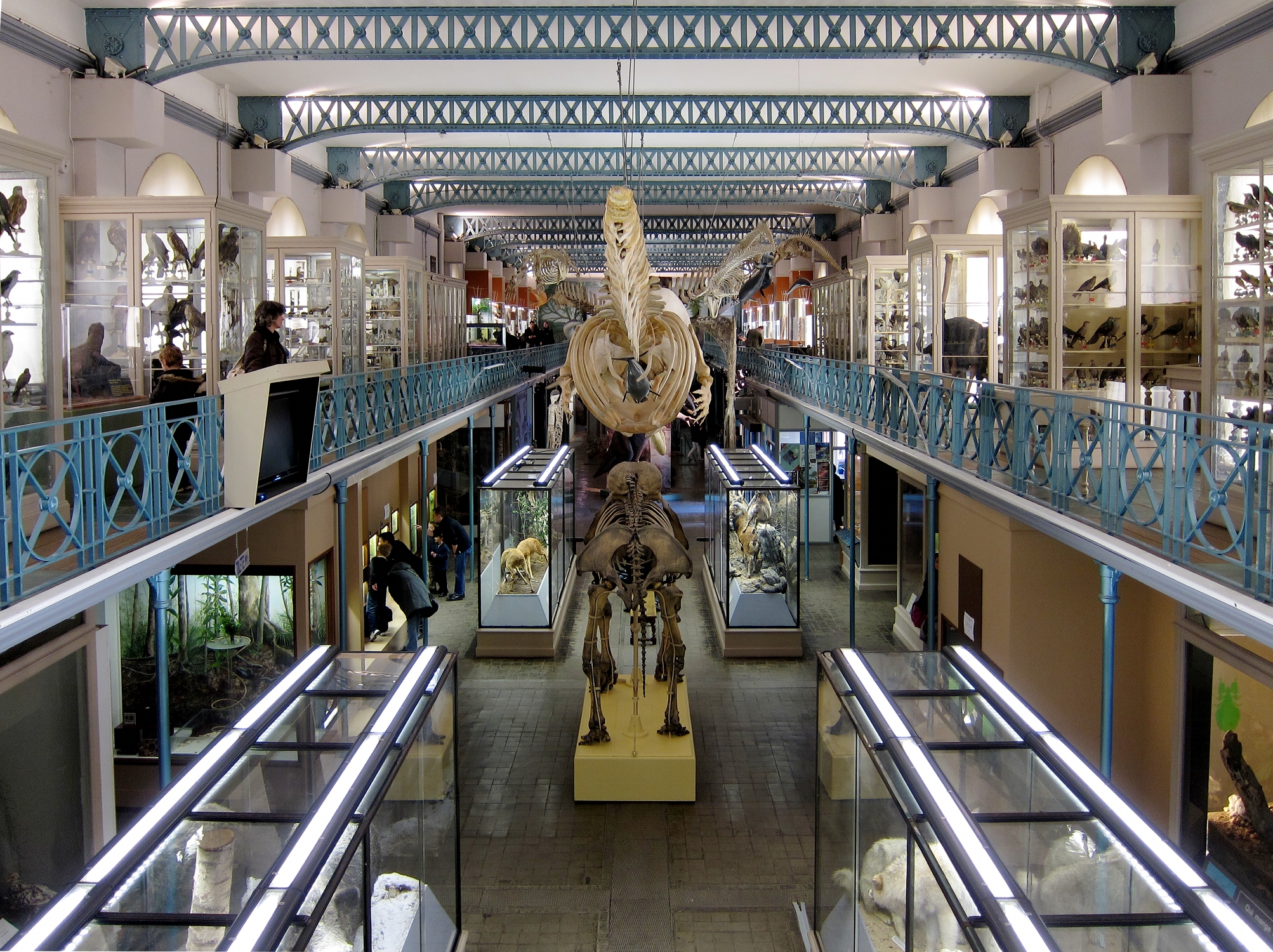Musée D'Histoire Naturelle De Lille on:
[Wikipedia]
[Google]
[Amazon]
The Musée d'Histoire Naturelle de Lille, or

Musée d'Histoire Naturelle de Lille
Tourist attractions in Lille Natural history museums in France Buildings and structures in Lille Museums in Nord (French department) {{France-museum-stub
Lille
Lille (, ; ; ; ; ) is a city in the northern part of France, within French Flanders. Positioned along the Deûle river, near France's border with Belgium, it is the capital of the Hauts-de-France Regions of France, region, the Prefectures in F ...
Natural History
Natural history is a domain of inquiry involving organisms, including animals, fungi, and plants, in their natural environment, leaning more towards observational than experimental methods of study. A person who studies natural history is cal ...
Museum
A museum is an institution dedicated to displaying or Preservation (library and archive), preserving culturally or scientifically significant objects. Many museums have exhibitions of these objects on public display, and some have private colle ...
, was founded in 1822. It houses zoological
Zoology ( , ) is the scientific study of animals. Its studies include the anatomy, structure, embryology, Biological classification, classification, Ethology, habits, and distribution of all animals, both living and extinction, extinct, and ...
and geological
Geology (). is a branch of natural science concerned with the Earth and other astronomical objects, the rocks of which they are composed, and the processes by which they change over time. Modern geology significantly overlaps all other Earth s ...
collections. Its holdings have recently been enhanced by ethnographic
Ethnography is a branch of anthropology and the systematic study of individual cultures. It explores cultural phenomena from the point of view of the subject of the study. Ethnography is also a type of social research that involves examining ...
specimens from the Musée Moillet and industrial objects from the old ''Musée Industriel et Commercial de Lille''. The museum's address is 19 Rue de Bruxelles.
Brazilian artifacts controversy
In 2003, a large exhibit of Brazilian artifacts was planned in the city of Lille as part of the Celebrations of the Year of Brazil in France, that would take place in 2005. 611 objects were to be displayed in France, but the Brazilian government was uneasy to allow them to be removed from the country. As a solution, the Lille Natural History Museum bought the objects, immediately donating them to theMuseu do Índio
O Museu do Índio (English: The Museum of the Indigenous Populations) is a cultural and scientific agency of the Fundação Nacional dos Povos Indígenas (English: National Foundation of Indigenous Populations) or FUNAI. It was created by Darcy Ri ...
, in Rio de Janeiro
Rio de Janeiro, or simply Rio, is the capital of the Rio de Janeiro (state), state of Rio de Janeiro. It is the List of cities in Brazil by population, second-most-populous city in Brazil (after São Paulo) and the Largest cities in the America ...
, and thus securing the right to loan the objects for five years, renewable for another five years. In 2009, having received no notice that the French museum intended to renew the loan, the Museu do Indio asked for their restitution, which was refused, with museum representatives saying that the objects were now part of the heritage of the city of Lille.
After a legal battle that lasted more than a decade, the objects were set to be returned in 2023, with the Brazilian government agreeing to pay for the transportation costs.
Historian Juarez da Silva has criticised the Museum, saying that they are holding to "ideas that such objects cannot be preserved and valued in their own countries" and that the cultural heritage of countries deemed as "exotic" is still very much seen as "up for grabs".References
External links
Musée d'Histoire Naturelle de Lille
Tourist attractions in Lille Natural history museums in France Buildings and structures in Lille Museums in Nord (French department) {{France-museum-stub